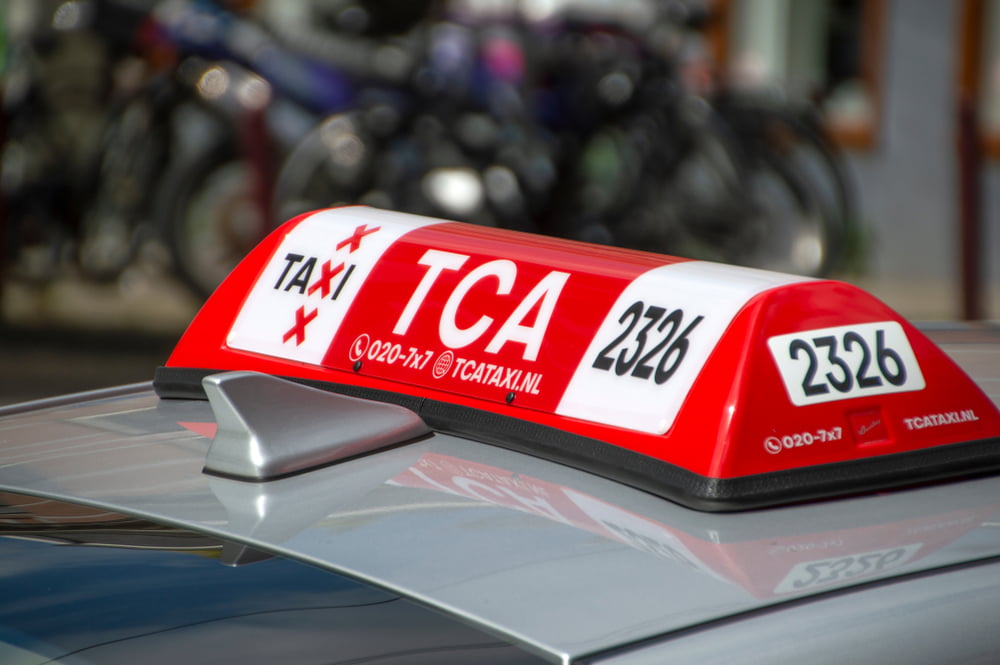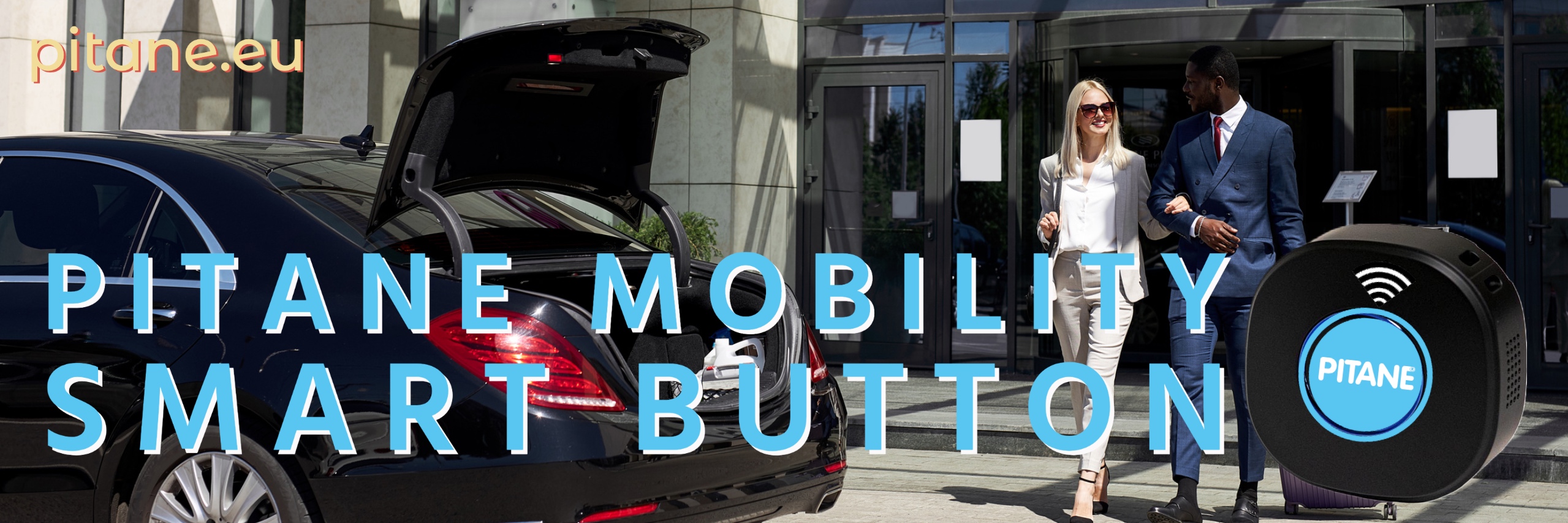"I look forward to the lessons we will learn," says Van der Horst.
Director of Taxicentrale Amsterdam, Hedy Borreman, is concerned that a temporary closure of Weesperstraat could cause additional problems for taxi drivers. “The taxi is an indispensable link in the city,” emphasizes Borreman. Meanwhile, alderman Melanie van der Horst explains in an article what this temporary measure can mean for the city.
Amsterdam is under great pressure due to the continuous growth of the population and employment. Over the next twenty-five years, there will be an additional 250.000 people and 200.000 additional jobs. This increase will increase traffic on the city. If nothing changes, car traffic will grow by 40%, while the number of cyclists and public transport users will also double.
“This is unsustainable. We already have to make decisions about what is still possible and how we can create space,” explains Van der Horst. She emphasizes that research and information are essential to make the right decisions.
The upcoming Weesperstraat pilot, a joint study with knowledge institutions, aims to collect this necessary information. During the next six weeks, Weesperstraat will be closed to through traffic during the day. Barriers will be placed at the Namen Monument and in three adjacent streets to prevent cut-through traffic.

“It will certainly be an exciting time,” admits Van der Horst. She acknowledges that the measure is provoking resistance, especially among taxi drivers and entrepreneurs. “This trial is certainly challenging, but the information we collect can help us better shape future traffic measures.”
The temporary closure of Weesperstraat had been planned for years and has been postponed several times. This year, after extensive consultation with residents, entrepreneurs and the city council, it was decided to continue the pilot.
During the lockdown, cars can still reach their destination, albeit sometimes via a detour. Emergency and emergency services and GVB buses can always continue. Navigation systems such as Google Maps offer alternative routes. The space that has become available will be used to create a temporary park on the two middle lanes through the Knowledge Mile BIZ BedrijvenInvesteringsZone, where residents and entrepreneurs can organize activities.
“I look forward to the lessons we will learn,” says Van der Horst. “The results of the trial will be shared at the end of this year and will help shape future city plans. We are working on a livable city for everyone.” The effects of the lockdown will be closely monitored in the coming weeks. The trial is expected to meet some resistance, especially in the first two weeks, when everyone has to adapt to the new traffic situation.
Alderman Melanie van der Horst – photographer Tom Feenstra



